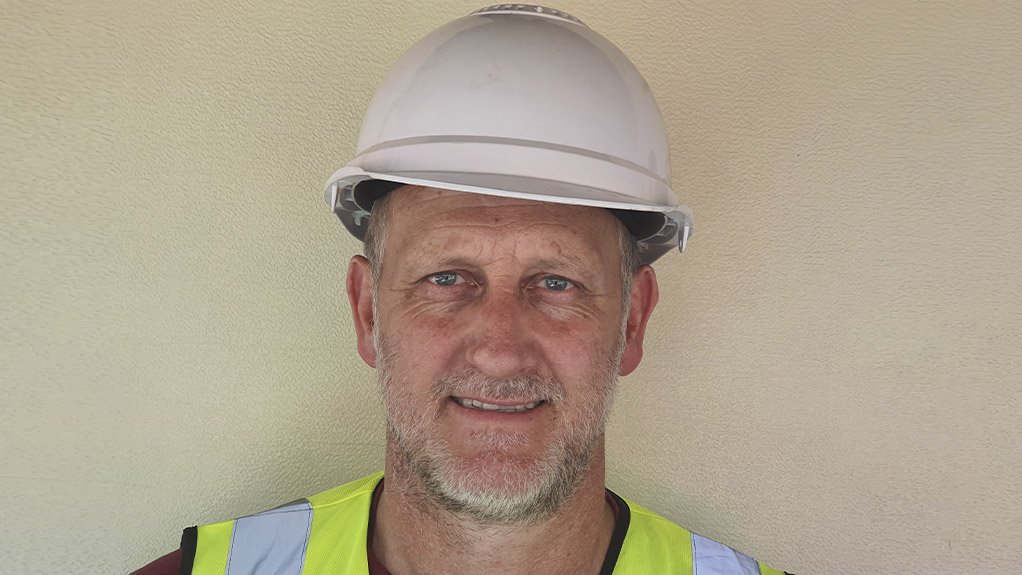Project management in South Africa requires continued change in all facets of society, with projects having to consider and address the needs of a multitude of stakeholders while being successful and profitable, says consulting and contracting company ProjectWay director Reniel Engelbrecht.
Communities and the natural environments surrounding mining operations must be taken into account because of contemporary, non-monetary demands that businesses face from stakeholders and society.
This requires new skills, such as cultural awareness, environmental attentiveness, knowledge and appreciation of historical events that may affect stakeholder behaviour, empathy and critical thinking, compared with those traditionally associated with methods of project management such as leadership, scheduling, risk assessment among others.
Investor expectations for mining projects are more than simply ensuring a great return on investment. Sustainability efforts require not only technical skill but also improved communication and negotiation skills to ensure that the project moves forward.
For example ProjectWay is currently contracted to Debswana diamond mine, in Botswana.
Such services include the analysis of existing project management policies, procedures and project life-cycle approaches.
“ProjectWay is identifying opportunities to improve existing processes and procedures.”
In conjunction with developing bespoke documentation and workflow processes and training personnel, ProjectWay will assist in implementing, reviewing and updating the new framework, he explains.
ProjectWay is also incorporating tools into its process to improve mine-based project management for Debswana.
Challenges and Strategies
Engelbrecht says project management companies can deal with challenges using new strategies.
“The reality in projects is that more collaboration between client and contractor can be beneficial for project development, and allow for more flexibility and agility.”
To foster collaboration and agility, traditional client-contractor approaches to projects must continue to evolve. This is not always easy, as mutual trust plays a big role.
Engelbrecht says one of the most concerning challenges has been delayed funding for numerous projects because of Covid-19. The subsequent regulations have led to changes that “cannot be accommodated within the project budget or required timeline”, resulting in many investors adopting a wait-and-see approach.
Adjusted regulations to account for the effects of Covid-19 imposed significant financial and time constraints for projects, and many have been abandoned, he adds.
Engelbrecht cites the entry of foreign organisations as “another interesting test”, with big international clients, suppliers or investors from, for example China, presenting “unprecedented language and cultural challenges”.
Negotiation, collaboration and finding the best communication methods will be necessary in the near future, he concludes.
Edited by: Nadine James
Features Deputy Editor
EMAIL THIS ARTICLE SAVE THIS ARTICLE
ARTICLE ENQUIRY
To subscribe email subscriptions@creamermedia.co.za or click here
To advertise email advertising@creamermedia.co.za or click here













